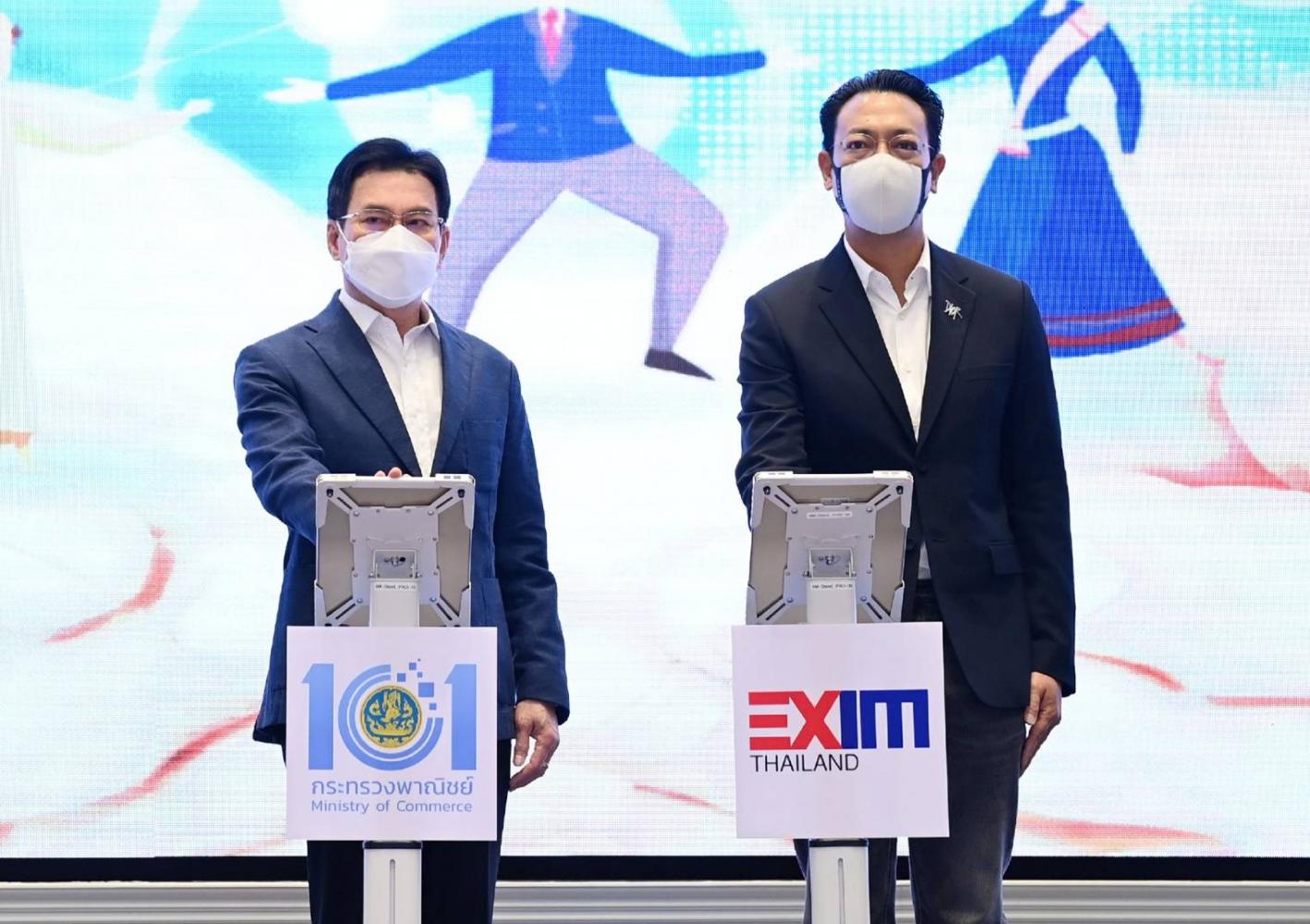
The Commerce Ministry has teamed up with the Export-Import Bank of Thailand (Exim Bank) and the Thai Credit Guarantee Corporation (TCG) to establish a loan matching scheme for export-oriented small and medium-sized enterprises (SMEs) to leverage the Regional Comprehensive Economic Partnership (RCEP) trade pact that started earlier this year.
Speaking after the scheme launch, Commerce Minister Jurin Laksanawisit said it should enable small-scale exporters who want to expand trade to RCEP member states to access soft loans and increase their income from exports.
Measured by GDP, RCEP is the world's biggest free trade agreement (FTA), exceeding the Comprehensive and Progressive Agreement for Trans-Pacific Partnership, the EU, the Mercosur trade bloc in South America, and the recent US-Mexico-Canada FTA.
RCEP is the first multilateral agreement to include China and the first FTA between China and Japan, as well as between Japan and South Korea.
Together, RCEP's 15 participants account for a combined population of nearly 2.3 billion (30.2% of the world's total population), representing a total GDP of US$28.5 trillion in 2020 (33.6% of the world's total GDP).
According to Mr Jurin, under the latest loan matching scheme, Exim Bank allocated 3 billion baht to support not only SMEs, but also micro, small and medium enterprises and community enterprises.
There are about 3 million SMEs in the country and 30,000 of them are small-scale SMEs.
In a separate development, Rak Vorrakitpokatorn, president of Exim Bank, said the bank is speeding up its processes to help SMEs become exporters.
Exim Bank provides different forms of support and training courses to help SMEs become exporters. This strategy has allowed the bank to add roughly 500 new SME exporters each year, he said.
Mr Rak said the bank aims to turn 2,500 SMEs into exporters this year.
Exim Bank has implemented an automated system to support its lending process for SMEs seeking to export, allowing for loans worth up to 15 million baht. This year the bank plans to raise the ceiling to 20 million baht, he said.
Mr Rak said the export sector is the country's key economic engine and SMEs should play a key role in bolstering the sector.
He believes Thai exports will grow by 5% this year.
This year the bank wants 75% of its loans to be provided to businesses in the bio-, circular and green (BCG) industries, while the remainder would go to SME exporters.
Exim Bank aims to grow its loan portfolio to 200 billion baht in 2024, up from the current 150 billion.
It aims to limit non-performing loans to no more than 3% this year, compared with 2.73% at the end of 2021.
Exim Bank posted a net profit of 1.53 billion baht in 2021, the highest in five years, despite the impact of the pandemic on the Thai and global economies.







